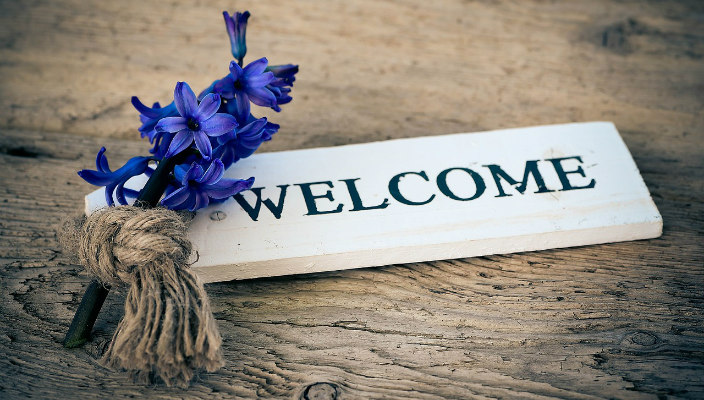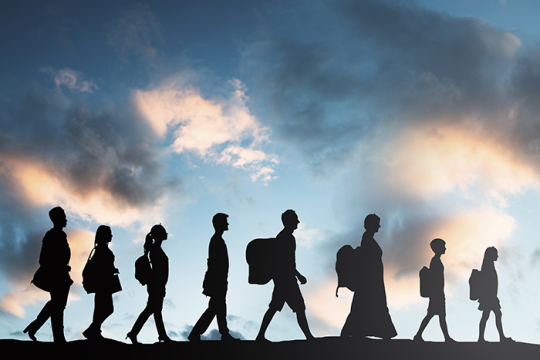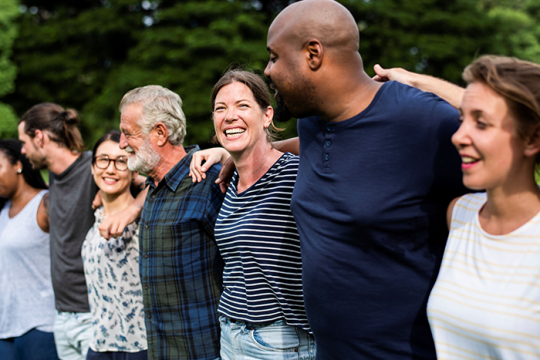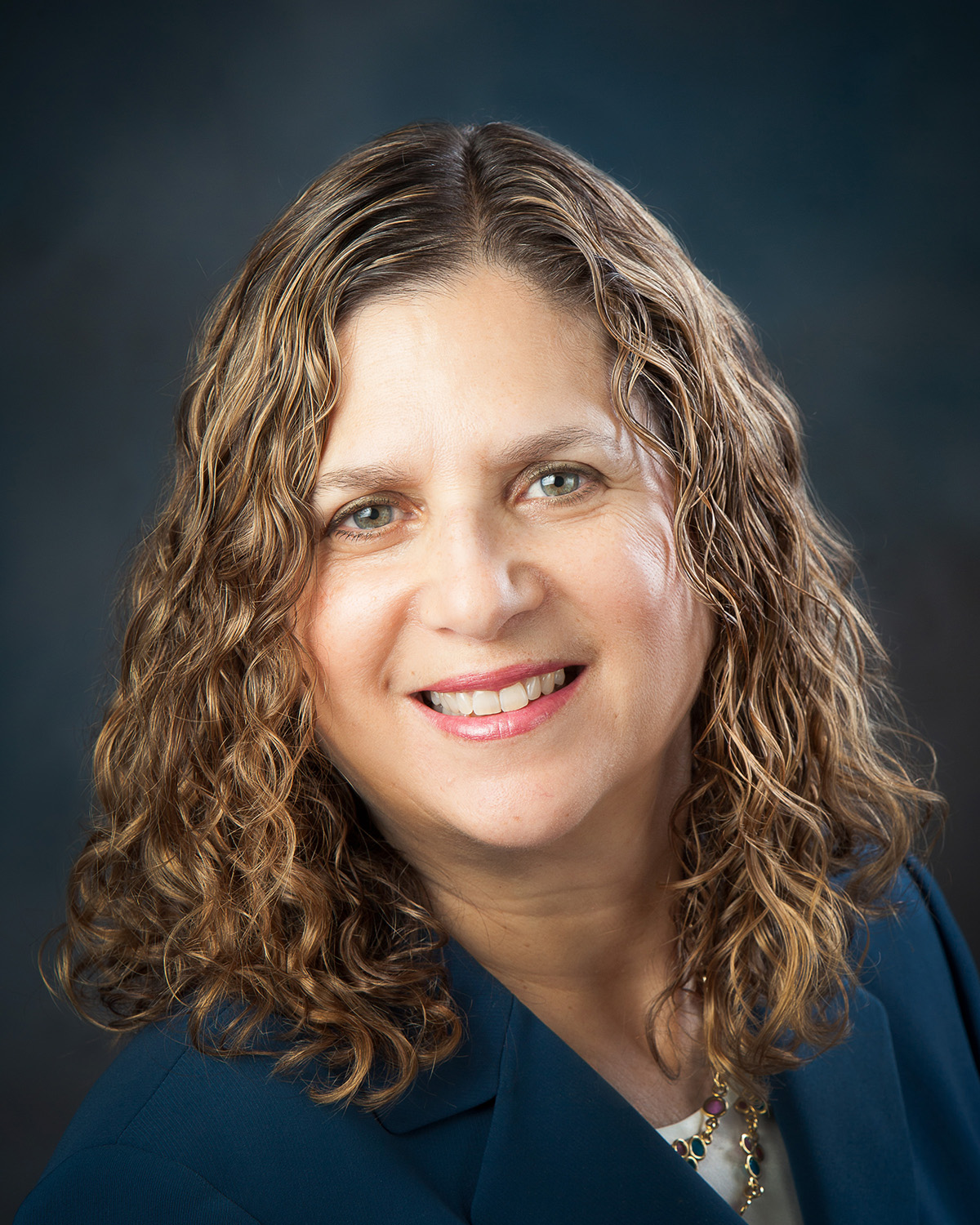
As I remember them growing up, our family’s yom tov (holiday) celebrations looked like this: With the dining room table covered in a beautiful white tablecloth, elegant china and silverware, and brightly polished candle sticks and Kiddush cups, it was ready for the matzah ball soup, the round, sweet, freshly-baked challah, honey chicken, and the rest of the festive meal. My brother and I, busy blowing our toy shofars, looked forward to dipping our apples in honey.
Once our parents arrived home, having rushed from work, we all gathered around the table, reciting the blessings to welcome the holiday. The festive meal was eaten quickly, before we went to services, always sitting in the same designated seats way up in the balcony. My grandparents and our family sat in one row. My great uncle and his family sat in front of us. I smiled with excitement at being together to celebrate the New Year with my family and the congregation.
Over the next two hours, I observed what happened around me in the sanctuary, my brother and I taking turns next to our grandfather to play with the fringes on his tallit. I watched the cantor, a fancy puffed white kippah on his head, and looked out for those who fell asleep during the rabbi’s sermon. I compared the kippot (yarmulkes) the men wore, and I stared at the beautiful gold ark on the bimah,
It was a holy experience. After all it was the High Holidays!
For many of you my description probably sounds typical. But for one who is deaf like me, the High Holidays are a very different experience. Although services could be quite daunting and even boring, I found the sanctuary to be a holy place because I was there together with my family and my community and that was good enough for me.
It is still a challenge for me to attend services and events in the Jewish community. Although I request accommodations, they are often met by a lack of awareness or a lack of a response, creating unholy experiences – and I have encountered too many of them in my lifetime.
And yet, these experiences did not deter my dream to become a Jewish professional because I always felt there was something holy about serving God and the Jewish people. Thirty-something years ago, I chose to enter the rabbinate because I wanted to be the one on the bimah and to know everything that was going on in the sanctuary!
Today, many families who have children with disabilities do not feel connected with their synagogue communities. We know that many of these parents – who were fortunate to grow up in the Jewish community and have chosen to raise Jewish families – want the same opportunities for their children, who are living full and productive lives outside the Jewish community. These families and their children deserve so much more from their synagogues. Like their peers, they deserve to be a part of a holy and sacred community.
This is the season to open those gates!
The message of inclusion has increased tremendously over the years, but understanding the value of learning how to respond and connect with those who have different abilities remains a challenge for many. For example, synagogue professionals or congregants often assume their synagogue is welcoming, but still harbor an inability to respond when families with disabilities enter their sanctuary. All it takes is acceptance. Let them come in and then we can work together to create a beautiful and meaningful sacred partnership.
This is the season to open those gates!
During these High Holidays, may we remember the blessing taught by our rabbis that celebrates our differences: Blessed are You, Adonai, who has created each and every one of us as a holy and unique human being. Once we can comfortably say that you are different and so am I, then we can truly pray and say together, Open the gates! Open those gates so all of God’s children may enter to find acceptance, love, and kindness.
To learn more about this topic, register now for Rabbi Dubowe's online learning session "Creating Sacred Partnerships During the High Holidays," Tuesday, Sept. 27, 2016 at 2 p.m. ET.
Have something to say about this post? Join the conversation in The Tent, the social network for congregational leaders of the Reform Movement. You can also tweet us or tell us how you feel on Facebook.
Related Posts

Nine Things to Consider When Creating an Inclusive Security Plan

Supporting Immigrants and Refugees in This Challenging Moment

